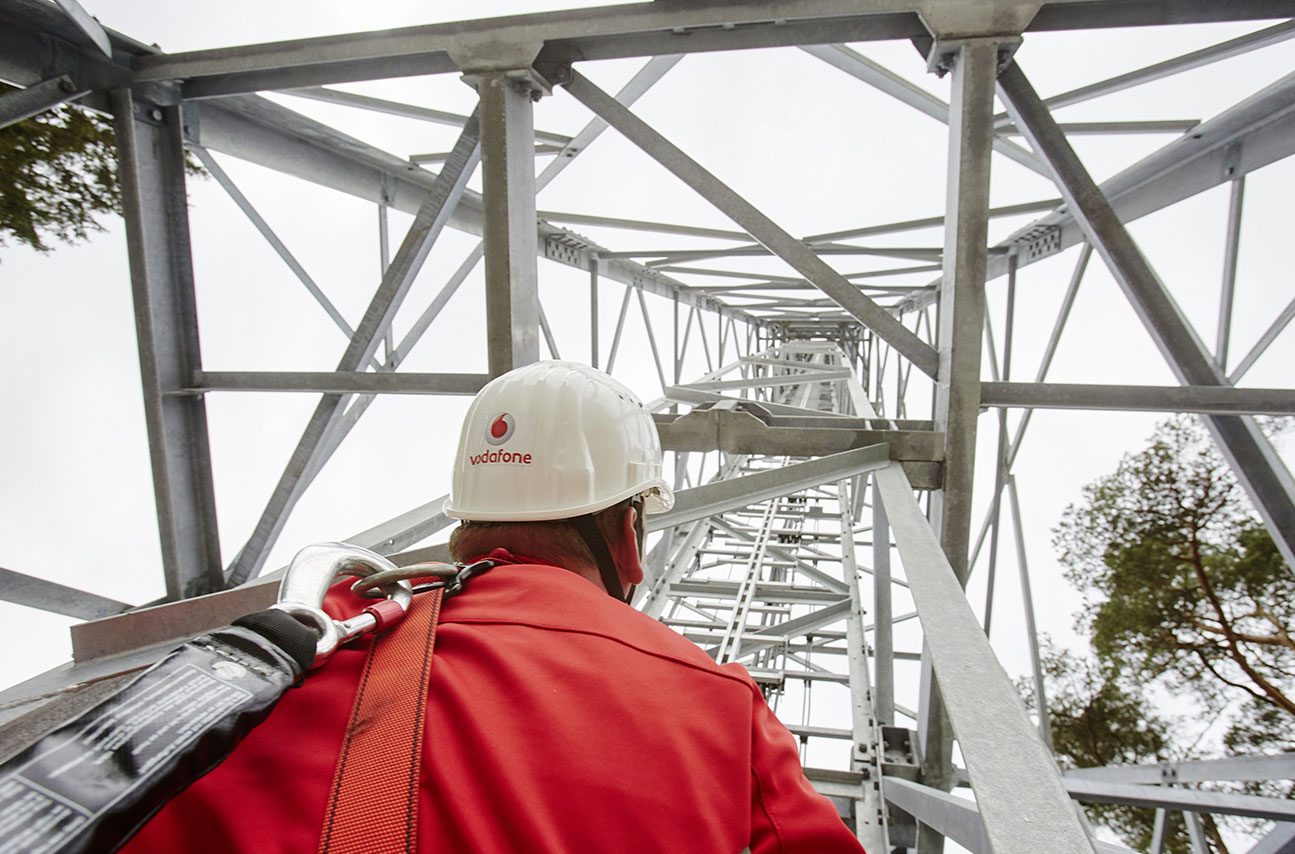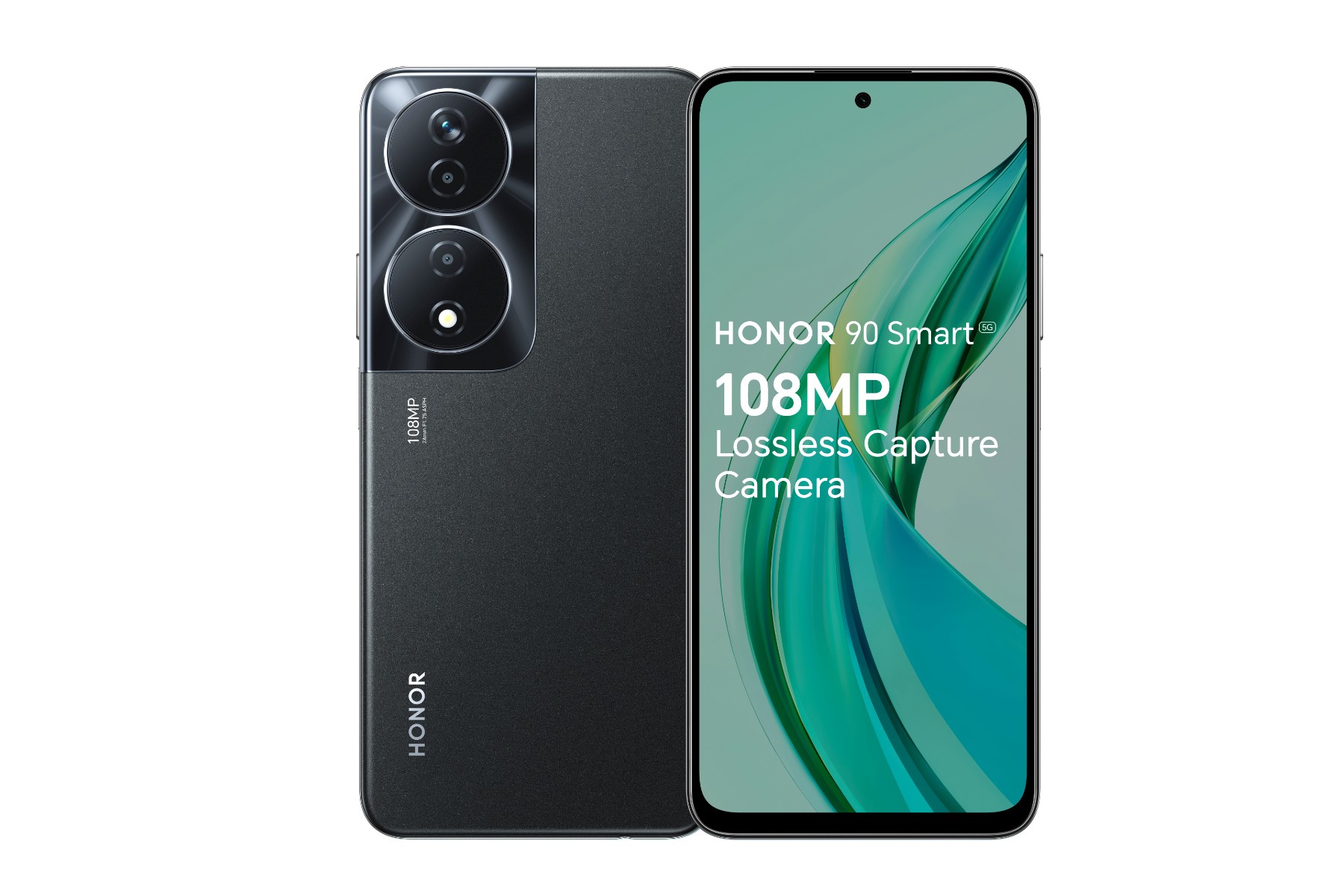
Vodafone UK today publishes its submission to Ofcom’s Digital Communications Review. It states the case that incremental tweaks to regulation will not address the issues undermining the ability of the UK to compete with the rest of the world. The submission urges Ofcom to take bold structural steps to create a sustainable long-term market for the benefit of all UK consumers and businesses, including:
- Address discrimination and improve pro-competitive investment with the structural separation of BT Openreach;
- Put in place the framework for multi-operator investment by improving access to BT’s ducts and poles, ensuring BT must also use these products on the same basis as other providers;
- Make it easier for consumers to switch suppliers across multiple services such as Pay TV, broadband and mobile; and
- Ensure fair access to exclusive premium TV content and evaluate future auction processes to prevent consumer exclusion from viewing key sporting events.
The submission considers that the UK telecommunications market is worth over £37bn, delivers fixed broadband to 23m premises and currently has over 80m active connected mobile devices. Investment in 4G mobile networks is driving choice and innovation for the benefit of UK consumers and the whole economy. In the last year, Vodafone alone invested around £1bn in its networks and services, and extended its 4G coverage to 74.5% of the UK population.
The submission also contrasts the dynamic competition which can be found in the UK mobile market with the current state of the fixed broadband market: Ofcom historically encouraged multiple operators to invest in fixed broadband creating sustainable competition between them based on that deep investment and control over the services each provided to their customers. Since the start of its Fibre to the Cabinet roll out, longer-term competition has been undermined by the regulatory freedom given to BT. This is curtailing innovation in the retail broadband market and limiting customer choice to the products designed and offered by Openreach.
Openreach now runs a UK-wide access network offering almost ubiquitous coverage of both voice and broadband wholesale services. It is defined by two key characteristics – poor quality of service and high profitability:
- Openreach’s own metrics show that in the first 6 months of 2015 it was late delivering nearly half of Vodafone’s orders for high bandwidth fibre upon which its mobile network and business customers depend;
- Independent research commissioned by Vodafone shows that in FY 2014/15 BT made nearly £800m over and above its expected returns across its regulated services, bringing total excess profits over the last 10 years to £6.5bn.
Vodafone believes that such a situation was not envisaged when Openreach was established in 2005 and it demonstrates starkly that the current regulatory model no longer works.
Vodafone’s own experience in other countries also demonstrates that multi-operator investment in fibre networks benefits customers. Today, Vodafone is:
- Rolling out or co-investing in ultrafast networks which already cover around 10 million premises in Spain and Portugal;
- Rolling out fibre to 500,000 homes in 50 towns and rural villages in Ireland via a wholesale-only structurally separate joint-venture; and
- Benefiting from improved responsiveness and service development as a customer of the structurally separated network business in New Zealand known as Chorus.
In addition to bringing customers a faster, future-proof service at lower prices than the UK, these developments mean Vodafone can deliver a superior service. For instance, in Spain and Portugal, where it delivers services over its own networks rather than via that of the incumbent, Vodafone can get customers connected twice as quickly, has 50% fewer service incidents and can fix 87% of those incidents within 24 hours.
The submission also explains that, with the advent of new fibre networks, technology no longer define the service a customer receives. Instead services such as pay TV can be provided over a variety of platforms whether satellite, cable, fixed or mobile broadband. As consumers are increasingly attracted to bundled offers of TV, broadband, fixed and mobile voice services, the control of that exclusive content will increasingly steer their overall purchasing decisions. Therefore, exclusive ‘must have’ content is no longer just a TV issue, but impacts across the whole of the telecommunications and TV market.
Vodafone does not believe that incremental tweaks to regulation can address these issues. It urges Ofcom to take bold structural steps to create a sustainable long-term market for the benefit of all UK consumers and businesses.

![Falling Dripping Water Drop[Adobe Stock] Falling Dripping Water Drop[Adobe Stock]](https://www.vodafone.co.uk/newscentre/app/uploads/2024/04/Falling-Dripping-Water-DropAdobe-Stock.jpg)


![Dawlish Sunrise [Adobe Stock] resized stock photo of Dawlish in Devon](https://www.vodafone.co.uk/newscentre/app/uploads/2024/04/Dawlish-Sunrise-Adobe-Stock-resized.jpg)